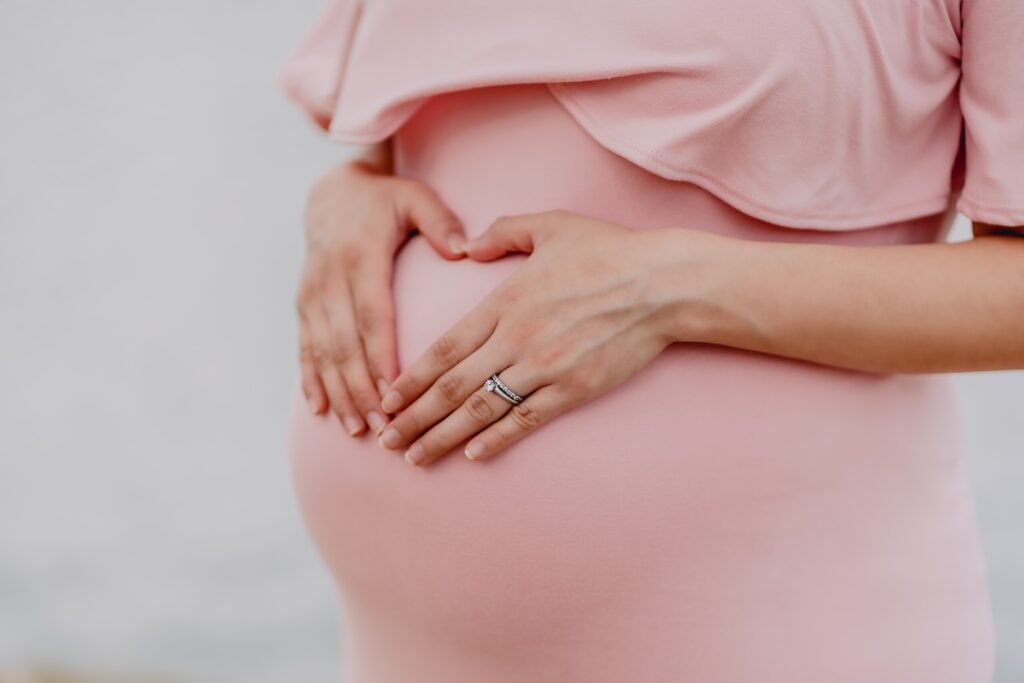Several factors can increase your risk for hemorrhoids, including straining to pass a bowel movement, sitting on the toilet for too long, constipation and pregnancy. But what do all these risk factors have in common? They put extra pressure on your lower pelvic region, causing varicose veins to form in and around your rectum.
Now pregnancy hemorrhoids could form due to multiple sources of pressure—from the weight of your growing fetus, to the tendency towards constipation due to increased progesterone levels and, ultimately, the force of labor and delivery.
Of course, when you’re pregnant, you’ll have to focus on treatments that won’t harm your fetus. However, after delivery, if symptoms persist, you’ll be able to explore additional treatment options. So, in today’s post, we’ll focus on managing hemorrhoids during pregnancy and resolving them effectively after you’ve delivered your baby.

Whether or not you’re pregnant, lifestyle modifications can help relieve mild hemorrhoids. Diet in particular can help you avoid constipation, limiting pressure on your rectum and reducing your risk for varicose veins in the area.
Focus on increasing your fluid intake, avoiding caffeinated beverages and adding foods that are high in fiber. These efforts can help you keep stool soft, and make it easier to pass bowel movements regularly.
You can also engage in regular exercise, as long as your doctor has cleared you for working out during pregnancy. Look for low-impact activities such as walking or swimming that can boost your blood flow to reduce your hemorrhoid risk without overtaxing your rapidly changing body.
Finally, avoid long periods of sitting, whether on the toilet, a chair or even in your bed. Getting up and moving around regularly will reduce pressure on your pelvic region. And, if you do develop hemorrhoids during pregnancy, you can find safe symptom relief by soaking in a warm—not hot—bath, or by applying witch hazel pads to the area of discomfort.
Many cases of pregnancy hemorrhoids will resolve after delivery—but that will take time. And that’s especially true since many women experience constipation in the days and weeks after delivering their babies.
But what can you do if you’re still experiencing persistent hemorrhoid symptoms months after delivering your baby? If lifestyle changes and topical treatment options have not relieved your discomfort, it may be time to seek out a medical procedure. And, if you wish to find relief without surgery, we encourage you to request a consultation request a consultation request a consultation with the Texas Hemorrhoid Institute to learn more about Hemorrhoid Artery Embolization (HAE), a minimally invasive treatment for grade 2-3 internal hemorrhoids.

Scheduling
Please contact our dedicated specialists to schedule a consultation today.
2025 Texas Hemorrhoid Institute. All rights reserved. Website Design by Healthcare Success